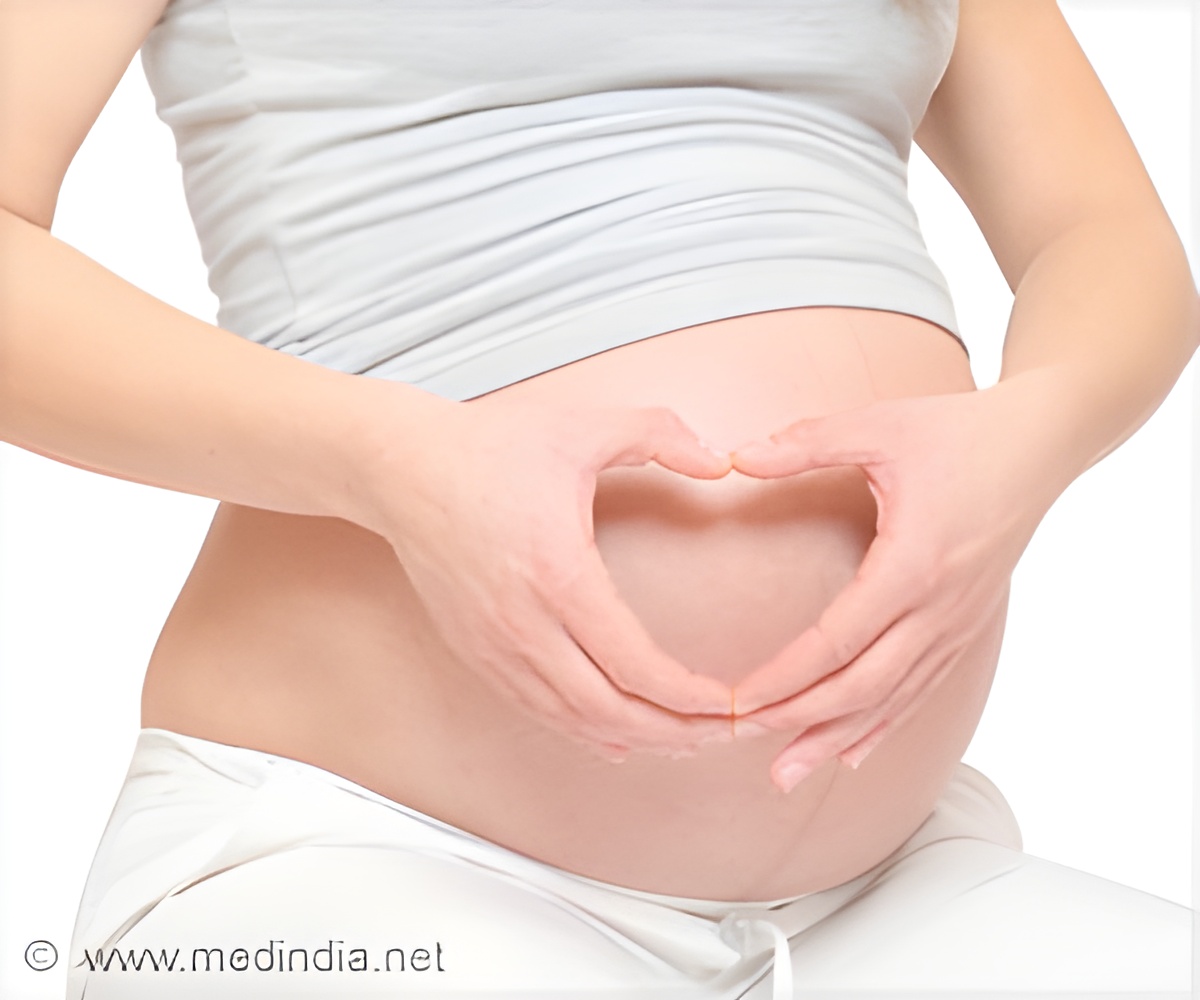A significant correlation between deaths due to indoor household pollution and eclampsia (hypertension during pregnancy) rates has been identified.

‘In-house cooking and household pollution may increase the risk of seizures. The less oxygen will get to the mother’s brain, and this may trigger a fit in women who already have pre-eclampsia.’





The researchers evaluated more than 2,690 cases of eclampsia in Ethiopia, Haiti, India, Malawi, Sierra Leone, Uganda, Zambia, and Zimbabwe. King’s College London’s Professor Andrew Shennan, one of the lead authors on the paper published in the International Journal of Gynecology & Obstetrics, said the findings demonstrate how air pollution can impact vulnerable populations the most.
Household Pollution and the Incidence of Eclampsia
“We are lucky to have such a large dataset of women with eclampsia, as it only occurs in 1% of women with pre-eclampsia. This has allowed us to uncover this new finding.“This could help explain observed inequalities in maternal healthcare in low- and middle-income countries.”
In a previous study by King’s College London, scientists found that ninety-four percent of maternal deaths occur in low- and middle-income countries, with 22% due to hypertensive (high blood pressure) disorders like eclampsia.
Professor Shennan added: “Knowing why women have these severe outcomes allows us to reduce the risk of eclampsia and work out how to save lives.
Advertisement
Researchers will next examine whether climate change increases the prevalence of pre-eclampsia or increases the morbidity from serious manifestations such as eclampsia.
Advertisement















